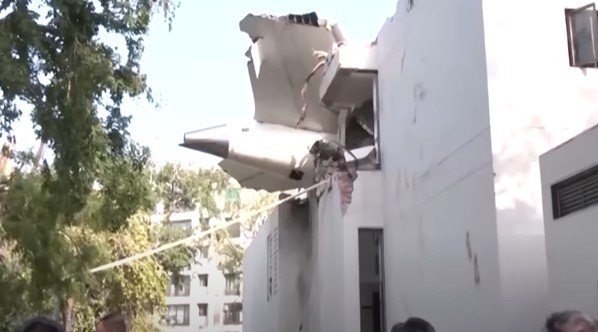Introduction
Air India Flight 171 crashed near Ahmedabad on June 12 shocked the nation and the world. As families mourn the loss and questions circulate, speculation about the cause of the crash has surged, particularly in the media. But what’s grounded in fact—and what’s mere speculation? The investigation is ongoing, and both Indian and U.S. authorities have warned against jumping to conclusions.
Too Soon for Final Judgement: U.S. NTSB Responds
The United States National Transportation Safety Board (NTSB), which is assisting with the investigation, has made a strong statement emphasizing that it’s too early to draw definitive conclusions about the cause of the crash. The agency condemned the premature and speculative media coverage, stating that such reports lack the necessary investigative context.
According to the NTSB, full crash investigations are complex and time-consuming, often taking months or even years to analyze flight data, pilot behavior, mechanical systems, and environmental conditions. They cautioned the public and press to await the official findings instead of relying on incomplete or sensationalized reports.
Initial Findings of Air India Flight 171 Crash : Conflicting Pilot Statements and Fuel Cut-Off
India’s Aircraft Incident Accident Investigation Bureau (AIB) has released only a preliminary report, but it includes crucial early observations. One key point is that fuel to the aircraft was cut off mid-flight, an event that severely compromised the flight’s stability and functionality.
A striking detail from the initial report is that one pilot questioned the other about fuel switch controls, suggesting there may have been confusion or miscommunication in the cockpit. The second pilot denied having touched the relevant switches, raising questions about possible human error, miscommunication, or technical malfunction.
However, officials stress that these details are not conclusive and should not be interpreted as the cause of the crash until the full investigation is complete.

Media Reports vs. Investigative Integrity
Multiple international media outlets have run headlines suggesting that the crash was the result of pilot error or cockpit confusion. The NTSB and Indian authorities have criticized these reports as irresponsible and premature. Without full access to the flight data recorder (black box), cockpit voice recordings, and maintenance logs, any theories remain speculative.
Both agencies are urging media organizations to refrain from spreading misinformation that could mislead the public or unfairly assign blame.
What Is True So Far
- Air India Flight 171 crashed on June 12, 2025, near Ahmedabad.
- The Aircraft Incident Accident Investigation Bureau (AIB) of India has submitted an initial report, not a final conclusion.
- A fuel cutoff occurred mid-flight, and cockpit communication regarding the fuel switches was recorded.
- The NTSB has not assigned any cause yet and has labeled media conclusions as speculative.
- Investigations of this nature are multi-agency, collaborative efforts and will take time to conclude.
What Is Not Yet Proven
- Pilot error is suspected by some reports but not confirmed by any official agency.
- The exact sequence of events that led to the crash is still under investigation.
- Claims about cockpit confusion or sabotage remain unverified and speculative.
International Cooperation Moving Forward
The NTSB has affirmed its commitment to fully support India throughout the investigation. Both countries are expected to collaborate on data analysis, technical inspections, and regulatory oversight to ensure transparency and accuracy.
Conclusion
While the Air India Flight 171 crash is a heartbreaking incident, the truth is still unfolding. Preliminary findings offer some insight but are far from the full picture. The rush to assign blame—especially through speculative media coverage—does a disservice to the victims, their families, and the integrity of the investigative process.
As the joint investigation continues, the focus must remain on fact-based analysis, technical accuracy, and accountability rooted in evidence, not assumption.
Stay updated with UState Pulse.